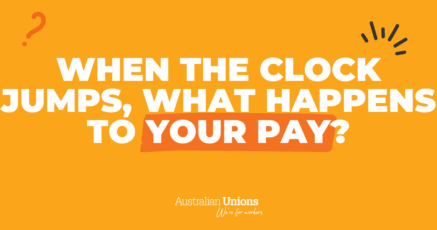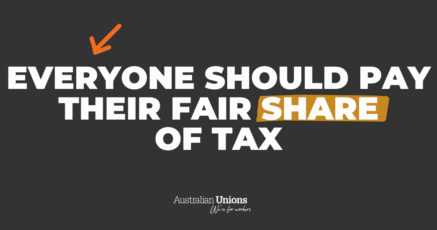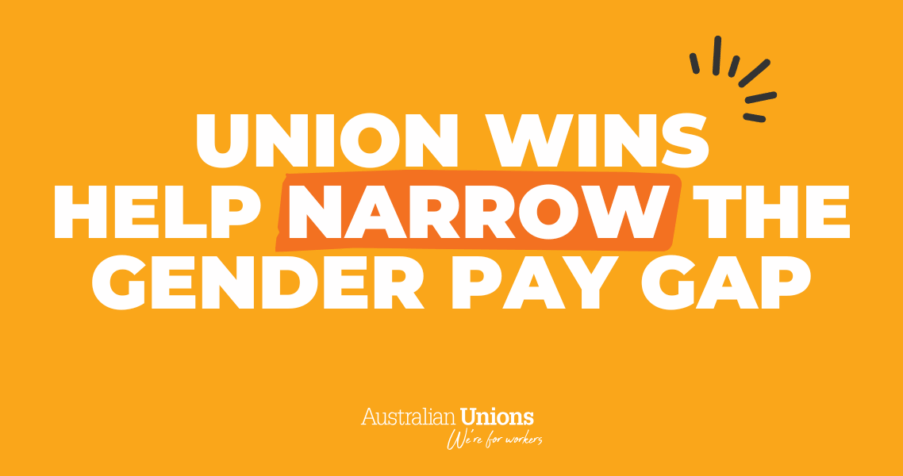The Covid-19 crisis showed us all a lot about what really matters, and what really works, in a modern economy.
It showed us who the real essential workers are – the people who care for us, teach us, and make sure we have food on our tables and can keep the lights on in our homes.
It dispelled the neoliberal dogma of decades, that said that profit and growth are the most important measures of a nation’s security and success.
And Australia’s response to the pandemic – mostly an effective one, much of it compelled by community and union demands – showed that good policy means government investment, in our society, where it’s needed.
Thinking about the 2021 Budget, and beyond, Australian Unions has been planning for what an economy that learns the lessons of Covid-19 looks like.
“We believe that the role of Government is to shape the economy to make people’s lives better,” ACTU President Michele O’Neil told the National Press Club this week.
“The recovery we are seeing so far proves the union movement’s key argument during the pandemic – that looking after people looks after the economy.”
O’Neil was launching Australian Unions’ new report, For a Stronger, Balanced, and Inclusive Recovery, which calls for an economic strategy that takes care of people, at all stages of life. The report highlights the fragility of the recovery, and the need for government investment in the essential services used by all Australians.
For children and families, government investment means free, universal, high-quality childcare and early childhood education. It also means offering 26 weeks parental leave, and 10 days domestic and family violence leave.
For Australians on low incomes, and young people finding themselves locked out of a booming property market, it means spending on affordable community and public housing.
For older Australians, it means implementing the recommendations of the Aged Care Royal Commission, in full: funding aged care places and aged care services, and underwriting secure, well-paid employment for aged care workers.
For all workers, it means secure, well-paid work, in these industries and the industries of the future.
This represents a completely different way of thinking about our economy after eight years of Coalition government. For almost a decade the Abbott, Turnbull and Morrison governments have demonised debt, implemented harsh spending cuts, and shovelled money and incentives upwards to their friends in big business.
For children and families, government investment means free, universal, high-quality childcare and early childhood education. It also means offering 26 weeks parental leave, and 10 days domestic and family violence leave.
For Australians on low incomes, and young people finding themselves locked out of a booming property market, it means spending on affordable community and public housing.
For older Australians, it means implementing the recommendations of the Aged Care Royal Commission, in full: funding aged care places and aged care services, and underwriting secure, well-paid employment for aged care workers.
For all workers, it means secure, well-paid work, in these industries and the industries of the future.
This represents a completely different way of thinking about our economy after eight years of Coalition government. For almost a decade the Abbott, Turnbull and Morrison governments have demonised debt, implemented harsh spending cuts, and shovelled money and incentives upwards to their friends in big business.






SHARE:
Stronger, balanced, and inclusive: a vision for the 2021 Budget